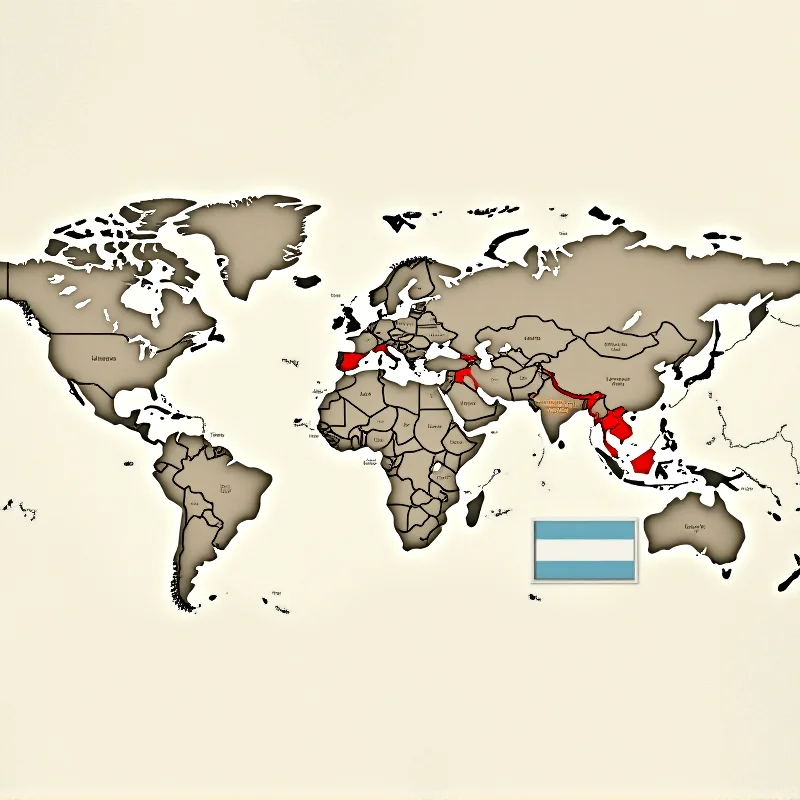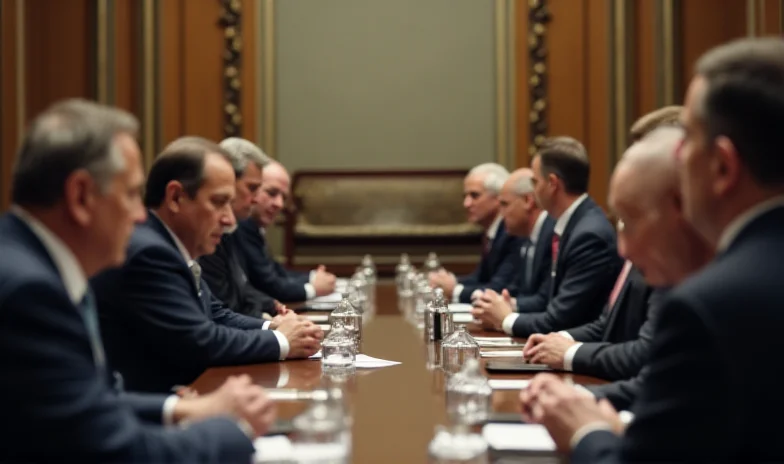Washington is a hive of activity on multiple fronts, from international diplomacy to domestic policy shifts. Recent developments suggest a potential sea change in the U.S.'s approach to several key issues, including engagement with Hamas, attitudes towards cryptocurrency, and the future of military aid to Ukraine.
Direct Talks with Hamas Confirmed
In a significant, and potentially controversial move, the White House has confirmed that the United States is engaged in direct negotiations with Hamas. This marks the first time Washington has directly engaged with the Islamist group, which has been designated a terrorist organization by the State Department since 1997. The talks reportedly center on the release of hostages and a potential end to the war in Gaza. This development signals a possible shift in strategy, as the U.S. seeks to navigate the complex geopolitical landscape of the Middle East.
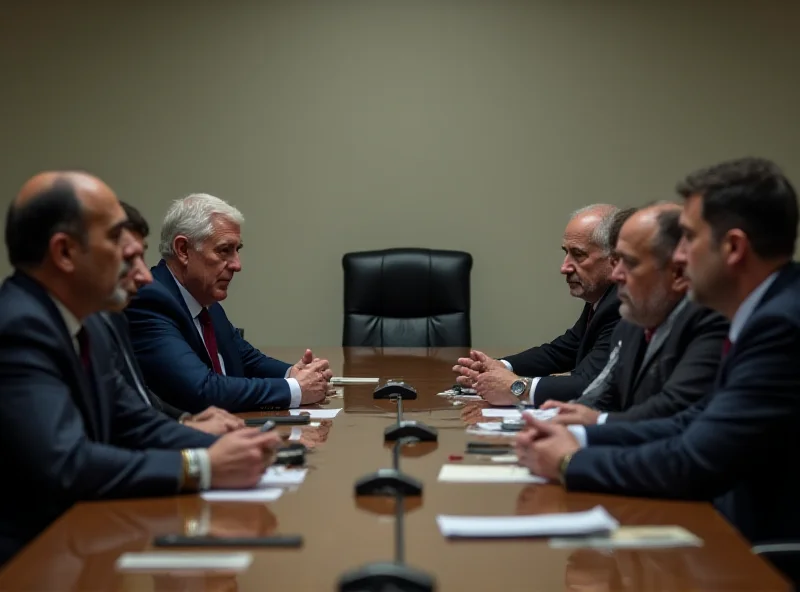
The implications of this engagement are far-reaching. While the U.S. maintains its stance on Hamas as a terrorist organization, the willingness to negotiate directly suggests a pragmatic approach aimed at achieving specific objectives, namely the release of hostages and de-escalation in Gaza.
Washington Warms Up to Crypto
Meanwhile, back in Washington, another surprising shift is underway: a growing acceptance of cryptocurrency among lawmakers. After years of skepticism, members of both parties are beginning to explore the potential of digital currencies. "Lawmakers on both sides of the aisle are flirting with crypto after years of skepticism," one report notes. However, it remains to be seen whether this newfound interest will translate into concrete policy changes, with some questioning whether Democrats will fully embrace crypto.
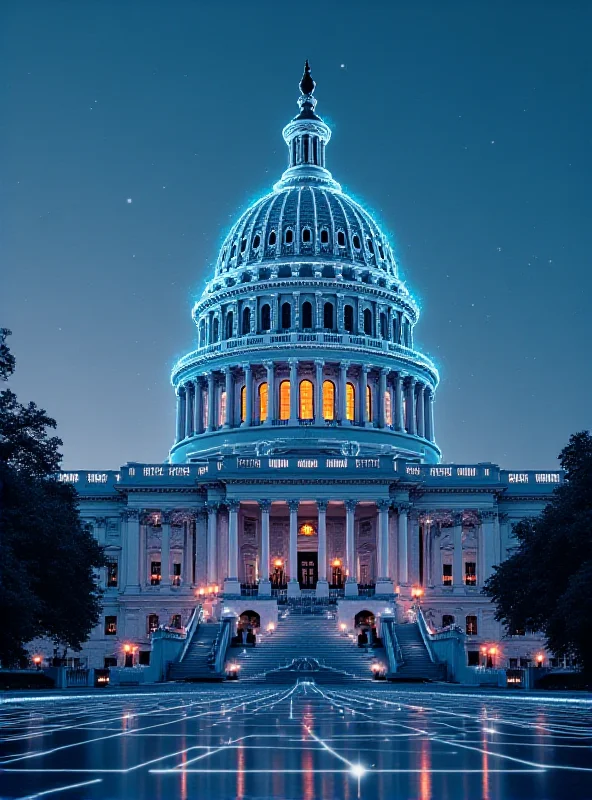
Uncertainty Surrounds Ukraine Aid
The future of U.S. military aid to Ukraine remains uncertain. While the US Defence Secretary recently hinted that aid might resume after a temporary pause, comments from a former U.S. envoy have cast doubt on the situation. The envoy reportedly blamed Ukrainian President Volodymyr Zelensky for the pauses in aid, suggesting a possible shift in blame. "The Trump administration envoy for Ukraine and Russia blamed Ukrainian president Volodymyr Zelensky Thursday for the U.S. pauses in military aid and intelligence," according to a report.
Adding to the complexity, the Pentagon is reportedly preparing a new nuclear attack scenario amidst growing fears of a potential World War Three. This highlights the heightened tensions on the global stage and the need for proactive measures to safeguard national security.
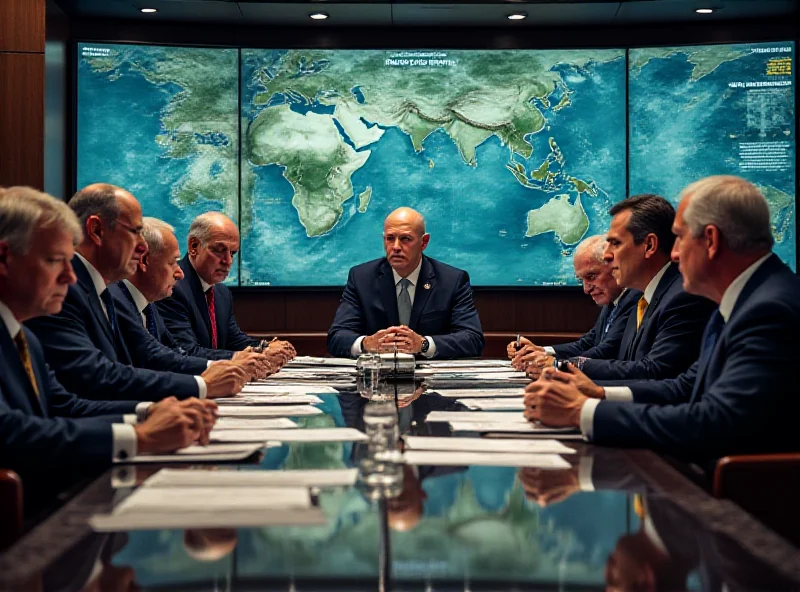
These developments underscore the dynamic and ever-evolving nature of U.S. foreign and domestic policy. Whether it's engaging in delicate negotiations with controversial groups, navigating the complexities of the digital economy, or addressing pressing security concerns, Washington faces a series of challenges that will shape the future of the nation and the world.
